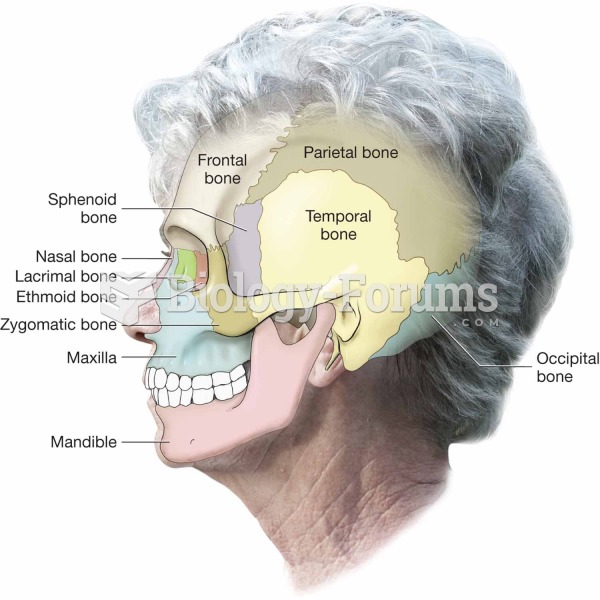Answer to Question 1
D
Negligence is conduct that falls below the generally accepted standard of care of a reasonably prudent person. A felony is a serious offense that has a penalty of imprisonment for greater than a year or possibly even death such as practicing nursing without a license. Assault is any intentional threat to bring about harmful or offensive contact with another individual. Battery is any intentional touching without consent.
Answer to Question 2
B
Assessment includes taking the patient's temperature. The nurse then uses that measurement to guide care of that patient. Placing the patient in a tub of iced water, removing fans to prevent premature chilling, and applying a hyperthermia blanket to lower temperature slowly are not assessments but interventions. Prolonged exposure to the sun or high environmental temperatures overwhelms the body's heat loss mechanisms. These conditions cause heat stroke, a dangerous heat emergency, defined as a body temperature of 40 C (104 F) or higher. Signs and symptoms of heat stroke include giddiness, confusion, delirium, excess thirst, nausea, muscle cramps, visual disturbances, and even incontinence. The most important sign of heat stroke is hot, dry skin. A heat stroke can be fatal. Cool the person quickly. Ways to cool include placing wet towels over the skin, placing the person in a tub of tepid (not iced) water or into a tepid shower, spraying the person with cool water from a garden hose, and placing oscillating fans in the room. Emergency medical treatment includes applying hypothermia blankets, giving intravenous (IV) fluids, and irrigating the stomach and lower bowel with cool solutions.







